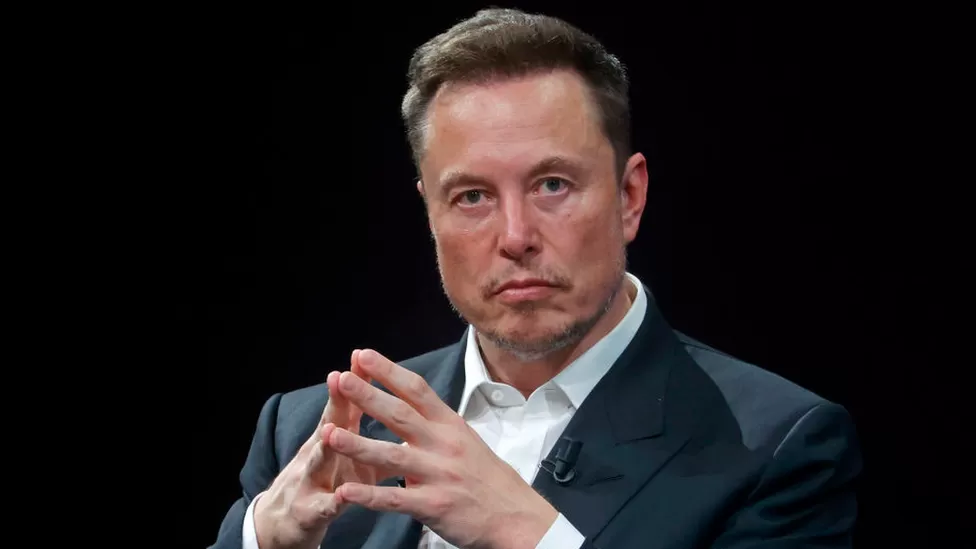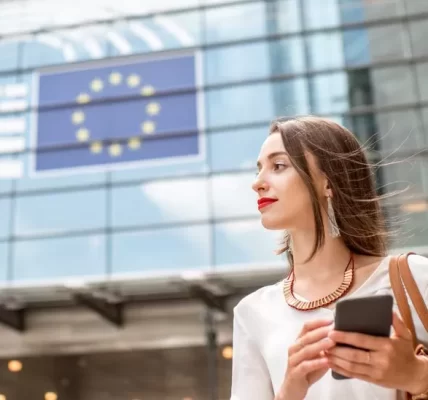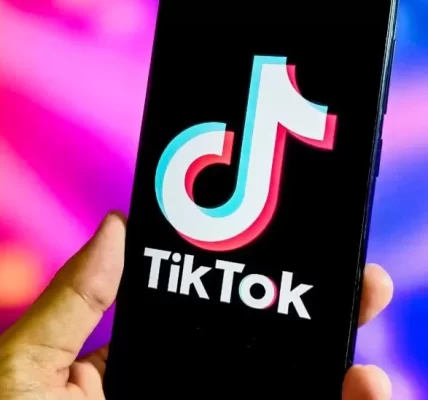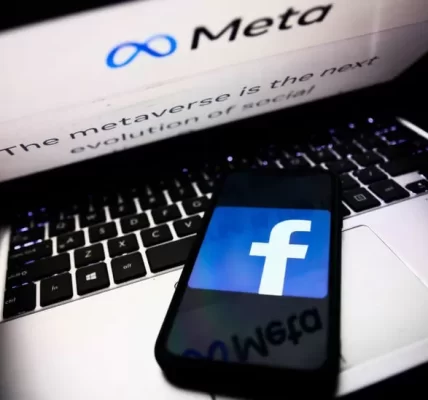In an upgrade to its privacy policy, X, formerly known as Twitter, will gather biometric data on its users, such as a snapshot of their face.
People who have subscribed to its subscription service, X Premium, can give a selfie and photo ID for verification.
X may also gather work and educational history, according to the policy.
This is to “recommend potential job opportunities for you to share with potential employers when you apply for a job.”
It has been suggested that X may wish to provide recruitment services.
According to sources, X Corp purchased Laskie, a tech hiring agency, in May. It was the first takeover of a company since Elon Musk paid $44 billion (£34.7 billion) for Twitter last year.
The revised privacy policy will go into effect on September 29th.
According to the policy, “we may collect and use your personal information (such as your employment history, educational history, employment preferences, skills and abilities, job search activity and engagement, and so on) to recommend potential jobs for you, to share with potential employers when you apply for a job, to enable employers to find potential candidates, and to show you more relevant advertising.”
According to Liberty Vittert, professor of data science practice at Washington University in St. Louis, the move is consistent with X’s efforts to create “more targeted and individual experiences for users” and competing platforms like as LinkedIn.
However, she warned that the move was one that users “should absolutely be wary of,” warning that it may be abused by employers in ways such as exploiting tweets, retweets, or accounts followed to make hiring judgments.
According to Dr. Stephanie Hare, a digital ethics researcher, the data collecting “is a massive data grab, though with your consent,” and because it is not mandatory for users, she does not believe the move is concerning in terms of civil liberties.
According to X, the collecting of biometric data – data relating to a person’s bodily traits such as a facial scan or fingerprint – is only available to X Premium customers.
“X will give the option to provide their government ID, combined with a selfie, to add a verification layer,” the business told the BBC.
“Biometric data from both the government ID and the selfie image can be extracted for matching purposes.” This will also let us tie an account to a real person, if they desire, by processing their government-issued ID. This will also assist X in combating impersonation attempts and making the platform more safe.”
Mr Musk also restated X’s promises to allow users to make video and audio calls. He said that the feature “works on iOS, Android, Mac & PC” and that no phone number is required.
“X is the most effective global address book,” he asserted.
However, no timetable was provided for when the new calling capability will be accessible.
In the United States, TikTok already collects biometric data.
In its privacy policy, the corporation states, “We may collect biometric identifiers and biometric information as defined by US laws, such as faceprints and voiceprints.”
However, TikTok’s then-chief operating officer, Vanessa Pappas, stated in a Senate hearing last year that the firm did not employ “any sort of facial, voice or audio, or body recognition that would identify an individual.”
Mr Musk’s objective is to develop X become a “everything app,” a one-stop-shop for numerous only services; as part of that, the inclusion of new features, as well as additional revisions to the privacy policy to enable them, may continue.




